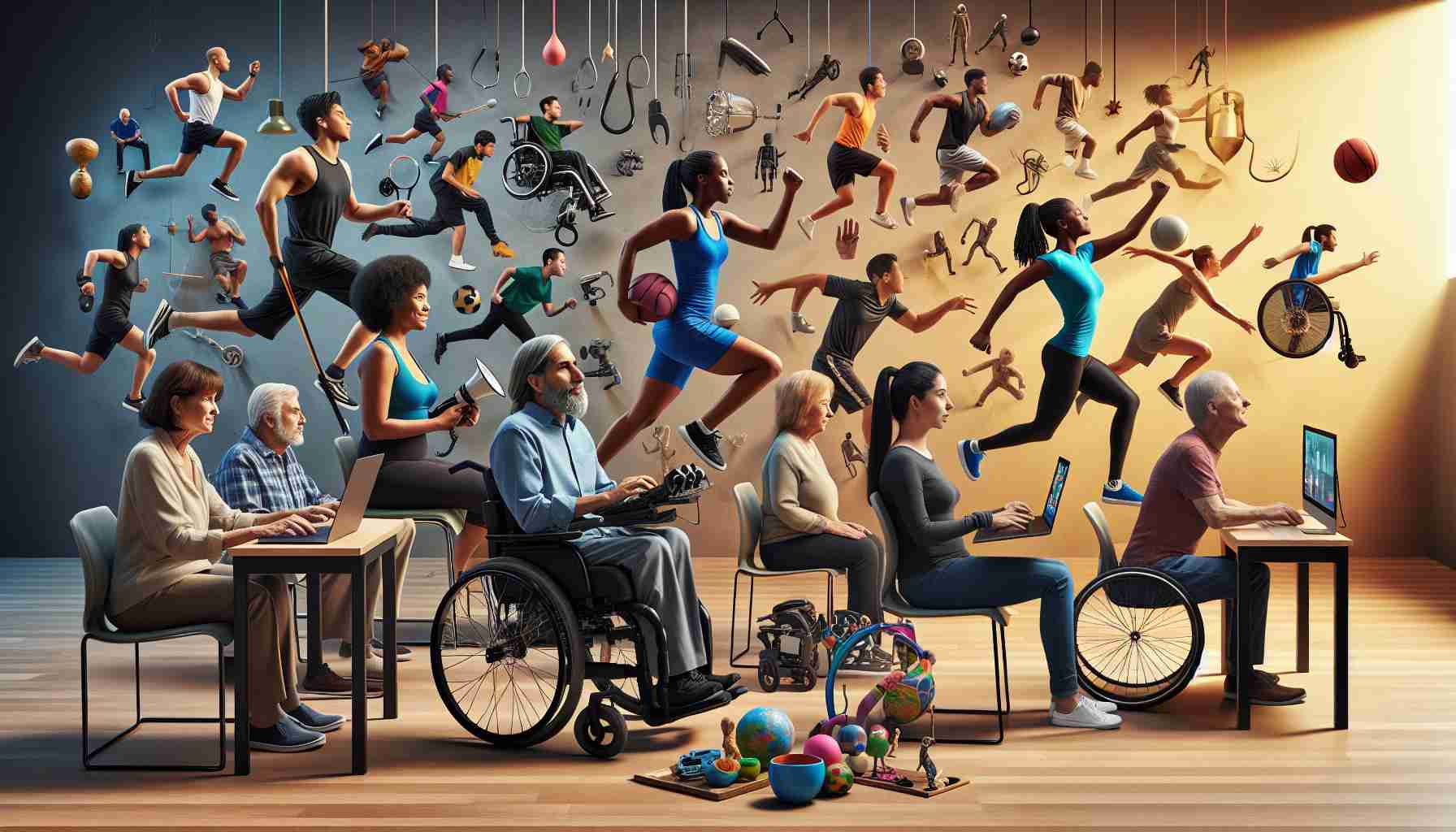Accessibility is a crucial aspect of society that provides equal opportunities for individuals with disabilities. However, there are instances where the implementation of inclusive measures falls short. One such case involves the New Bedford Housing Authority (NBHA) in Massachusetts, which has been criticized for their reluctance to install wheelchair ramps in housing complexes.
In an effort to address this concern, community members are seeking support from volunteers who can offer assistance for individuals with disabilities. The NBHA has been reluctant to fulfill their responsibility of ensuring accessible housing for all residents.
Nevertheless, concerned citizens have gathered to advocate for the rights of individuals with disabilities. They aim to make the implementation of wheelchair ramps a priority for the NBHA, as it would significantly improve the quality of life for those who rely on mobility aids.
While the NBHA initially resisted these efforts, their stance may change with increased community pressure. The demand for accessible housing is growing, as advocates highlight the importance of equal access for all. By mobilizing volunteers and spreading awareness, it is hoped that the NBHA will recognize the significance of their role in providing accessible housing options.
Creating an inclusive society goes beyond simply meeting legal requirements. It requires a shift in mindset, where accessibility is seen as an essential aspect of community development. Through collective action, individuals can play an active role in influencing positive change, ensuring that those with disabilities can fully participate in everyday life without barriers.
Empowering individuals with disabilities is not only a matter of social justice but also an opportunity for communities to thrive together. By embracing accessibility as a fundamental value, we can create a society that includes and celebrates the diverse abilities of all its members. Let us join hands and work towards a future where accessibility is the norm, not an exception.
FAQ Section:
Q1: What is the main concern addressed in the article?
A1: The article addresses the reluctance of the New Bedford Housing Authority (NBHA) in Massachusetts to install wheelchair ramps in housing complexes, which hinders accessibility for individuals with disabilities.
Q2: Who is seeking support to address this concern?
A2: Community members are seeking support from volunteers to assist individuals with disabilities and advocate for their rights.
Q3: Why is it important to install wheelchair ramps in housing complexes?
A3: Installing wheelchair ramps would significantly improve the quality of life for individuals who rely on mobility aids, ensuring equal access to housing.
Q4: How can the stance of NBHA change?
A4: With increased community pressure and advocacy efforts, there is a possibility that the NBHA may recognize the significance of providing accessible housing and change their stance.
Q5: What is the goal of creating an inclusive society?
A5: The goal of creating an inclusive society is to ensure that individuals with disabilities can fully participate in everyday life without barriers, promoting social justice and community development.
Key Terms and Jargon:
1. Accessibility: Refers to the extent to which individuals with disabilities can access and use a product, service, or environment.
2. Wheelchair ramps: Inclined surfaces that allow wheelchair users or individuals with mobility aids to move between different levels or areas.
3. New Bedford Housing Authority (NBHA): A housing authority in Massachusetts responsible for managing public housing in New Bedford.
Suggested Related Links:
1. hud.gov – U.S. Department of Housing and Urban Development (HUD) website, providing information on fair housing and accessibility guidelines.
2. ada.gov – Official website of the U.S. Department of Justice’s Civil Rights Division dedicated to the Americans with Disabilities Act (ADA), which prohibits discrimination against individuals with disabilities.
3. disability.gov – A resource website providing information and resources on disability rights and accessibility.
